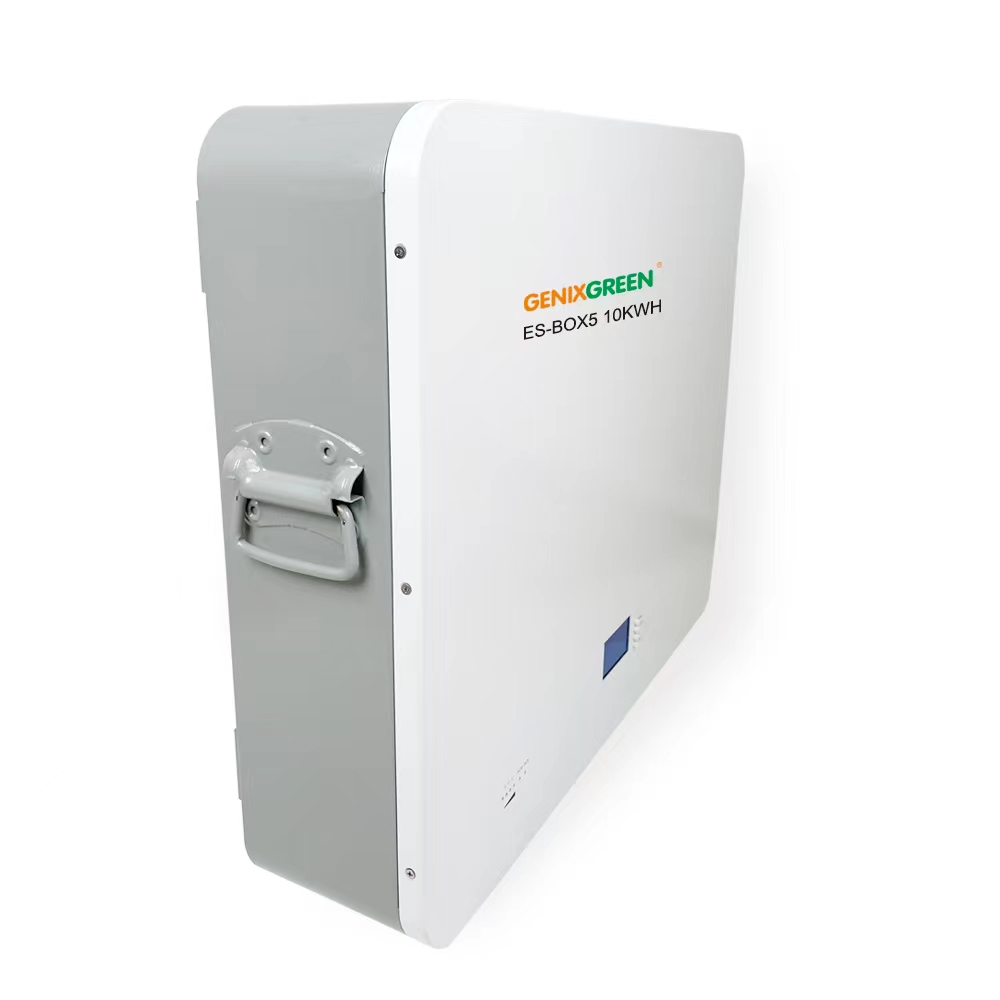The simple answer to this question is that it depends on the charger itself. The Li-Ion battery charger is programmed to stop charging when the battery reaches 100% charge. These types of chargers tend to stop charging completely when the battery reaches 100% and won't charge again unless the battery is unplugged and plugged in again. So with these types of chargers, once the battery reaches 100%, even if the battery starts to discharge itself, it won't recharge. Other types of chargers are not Li-Ion specific chargers and will continue to charge the battery even at 100%. Using these types of chargers with lithium-ion batteries is extremely dangerous, as overcharging lithium-ion batteries can lead to explosions and fires.
The short answer is, yes, it's bad to have a Li-Ion battery plugged into the mains. When you charge the battery, if you charge it to 100%, don't leave it plugged in. Yes, there is a safety circuit to keep the battery from overcharging and prevent it from exploding. However, if you leave it plugged in for extended periods of time, the electronics inside will age faster, shortening its lifespan. It is recommended to discharge the battery to the cut-off point every month or every 30 discharge cycles and then charge it to 100%. This process will recalibrate the battery and extend its life. Charging a lithium-ion battery is key to keeping the battery running for as long as possible. You may have heard that when you buy a new Li-Ion battery, you have to discharge it to its cutoff point and then recharge it.
However, there are a few things you can do to keep your battery healthy when you charge it. Partial discharge is allowed. This is the best way to protect Li-ion batteries. According to Battery University, it is recommended to discharge the battery to 50% and then start charging again, but not to let it reach 100%.
Yes, you can overcharge Li-Ion batteries. However, this is not easy. Most devices these days have an internal circuit that stops the charging process when the battery reaches 100% charge. Control systems in these devices prevent overcharging, which can cause lithium-ion batteries to overheat and burn. The only way the lithium-ion battery in a modern device can be overcharged is if the control unit fails. If this happens, then you will notice that your device is getting hotter than usual and performance is slower than usual. If this happens, shut down the device immediately and send it in for repair. This is important because continued use of the device while the battery is overcharged could lead to catastrophic consequences such as an explosion. Laptops from 2016 are an example. At the time of the incident, several customers reported that a battery designed for use in HP laptops caught fire and exploded.What these batteries have in common is that they were purchased on Amazon. Subsequent investigations found that the battery's manufacturer, instead of using good battery materials, caused the battery to overheat and explode during charging. At least one person was injured in that incident. His name is Nicholas Jones. This is the danger of overcharging. This in turn can cause the battery to overheat and explode while charging. At least one person was injured in that incident. His name is Nicholas Jones. This is the danger of overcharging. This in turn can cause the battery to overheat and explode while charging. At least one person was injured in that incident. His name is Nicholas Jones. This is the danger of overcharging.

It is critical to charge lithium-ion batteries at room temperature. Heat is the worst thing that can happen to a Li-Ion battery while charging. That means, if your car is hot, don't charge your phone in the car, but wait for the AC power to plug in, then start charging the battery.
Opt for high-capacity lithium-ion batteries instead of carrying spares
The charge-discharge cycle of a lithium-ion battery is basically a chemical reaction. Chemical reactions happen whether you use batteries or not. The difference is the speed at which the chemical reaction occurs. That's why one high-capacity battery is better than two low-to-medium capacity batteries. The high-capacity lithium-ion battery will eventually outlive the two low-capacity and medium-capacity batteries combined.
Perform partial discharges and avoid complete discharges as much as possible
Lithium-ion batteries have no so-called charge memory. This means that deep discharge cycles are not required. According to experts, in order to prolong the life of lithium-ion batteries, it is better to allow partial discharge cycles rather than full discharge cycles.
However, it is best to perform a full discharge once a month. Allow the Li-Ion battery to discharge to the cut-off point, then recharge to 100%. While partial discharge is beneficial, it creates a condition called digital memory. This condition reduces the power meter accuracy of the device. Doing so will recalibrate the power meter.
When a Li-Ion battery is fully discharged, this means the discharge voltage per cell is less than 2.5 volts. There is a built-in safety circuit to open and lock the battery. If you plug in a traditional charger, you'll feel like the battery is dead. That's why if this happens to you, ask an expert to fix it. When the Li-Ion battery reaches this state, only a battery analyzer with a boost function will charge the battery.
For safety reasons, do not charge Li-Ion batteries if they are stored in a fully discharged state. Instead, go to a local expert.
Previous: Can I mail lithium batteries?
